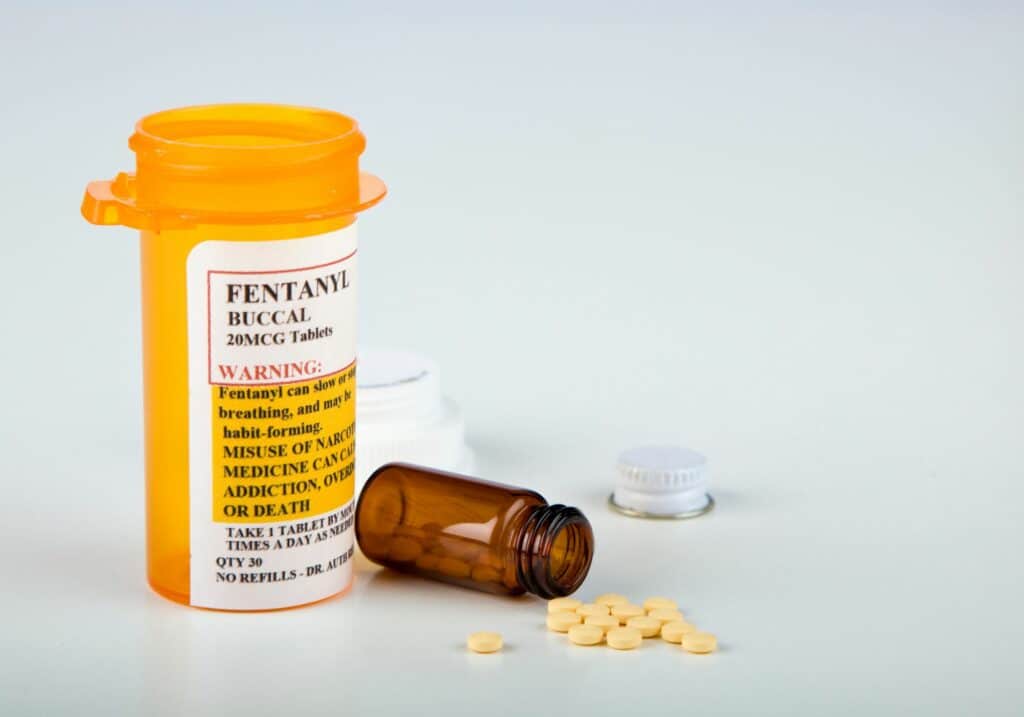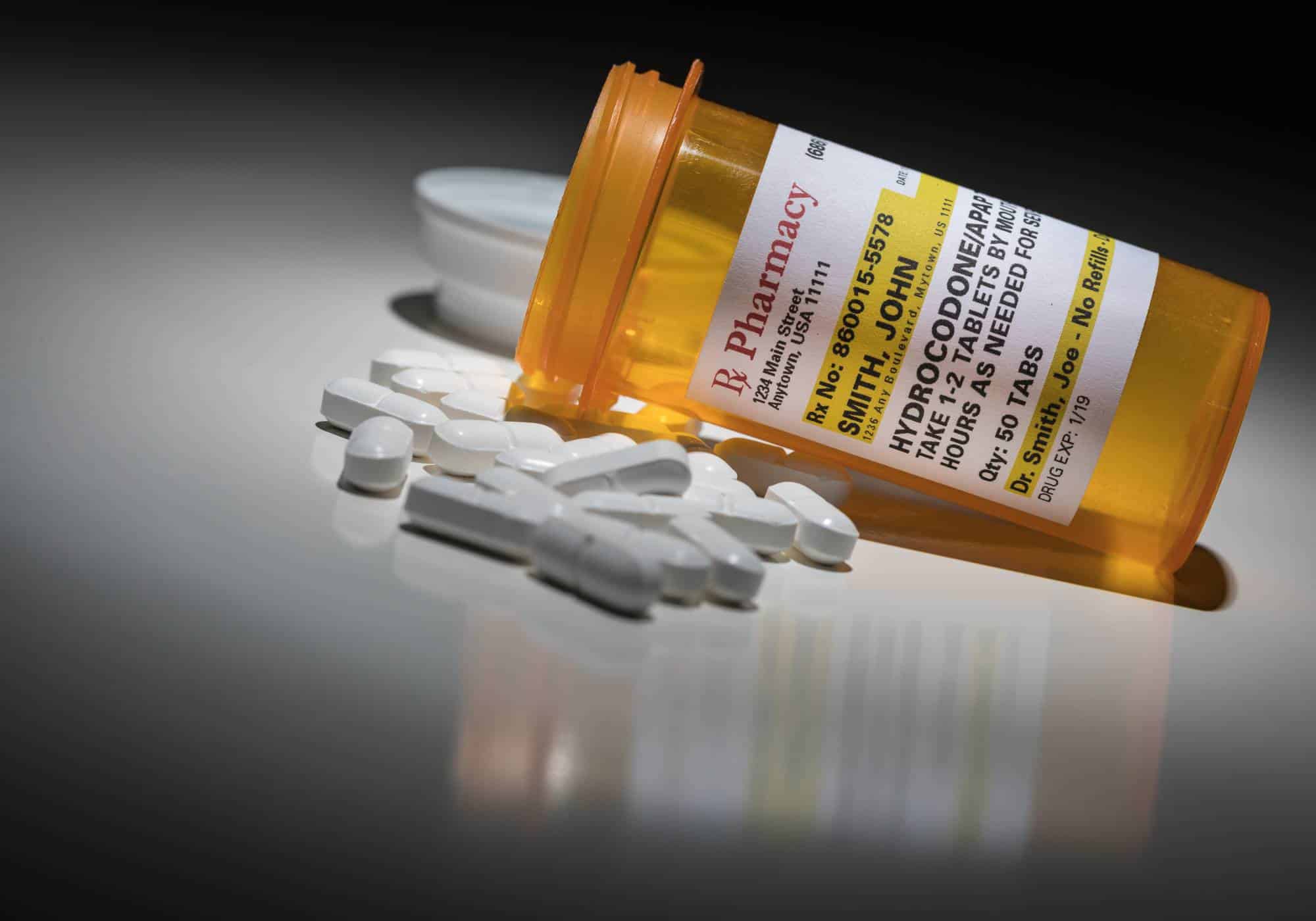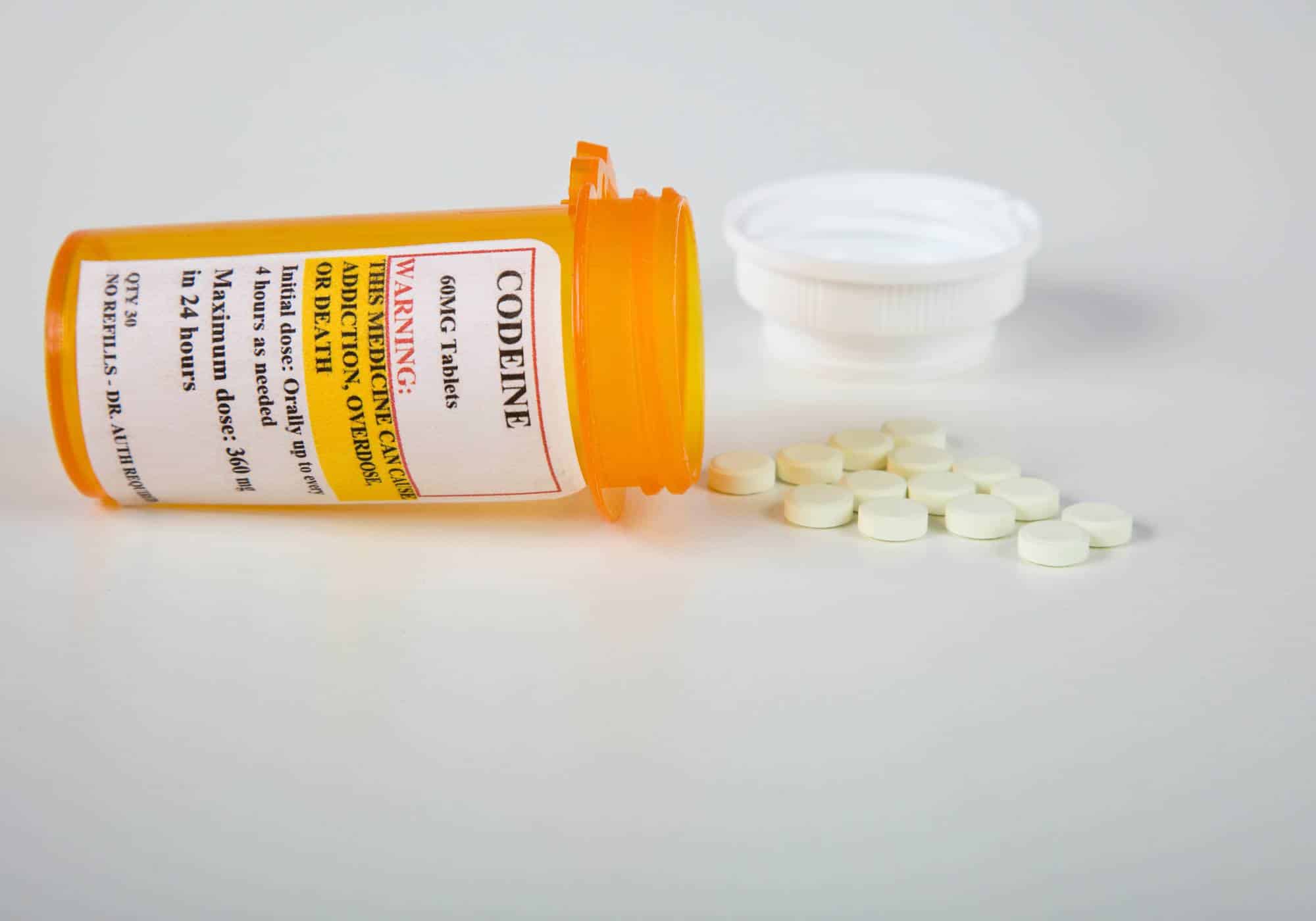If you or a loved one is struggling with fentanyl addiction, it’s important to get help as soon as possible. Fentanyl is a powerful synthetic opioid that is up to 100 times more potent than heroin. It’s often used to cut other drugs like heroin or cocaine, and because it’s so potent, it can be very easy to overdose on.
Fentanyl is a schedule II prescription drug, and it is typically used to treat patients with severe pain or to manage pain after surgery. However, because of its high potential for abuse and overdose, fentanyl is also sold illegally on the street. When misused, fentanyl can lead to many serious health consequences, including overdose and death.
Struggling with fentanyl addiction can be overwhelming, our fentanyl rehab program in Atlanta, GA is here to guide individuals through the complexities of fentanyl recovery, helping them reclaim their lives and find lasting joy and wellness.
What is Fentanyl?
Fentanyl is an incredibly powerful opioid, often considered to be 80 to 100 times stronger than morphine. It’s a prescription medication, mainly given to patients undergoing severe pain after surgery, or to those battling cancer. It’s also given to people with persistent pain who haven’t found relief from other opioids. You might recognize it under brand names like Actiq, Duragesic, or Sublimize.
However, on the streets, it goes by different names, such as Apache, China Girl, and China White. The real danger emerges when this potent drug is mixed with substances like heroin, amplifying its strength. Even a tiny amount can be deadly.
While medical professionals at places like Hope Harbor Wellness prescribe fentanyl responsibly, in forms like patches, injections, or lozenges, there’s a growing concern in Atlanta, GA. A lot of the fentanyl-related problems stem from its illegal production and sale. In these scenarios, it’s often found as a powder or even put onto blotter paper, making its consumption unpredictable and highly risky.
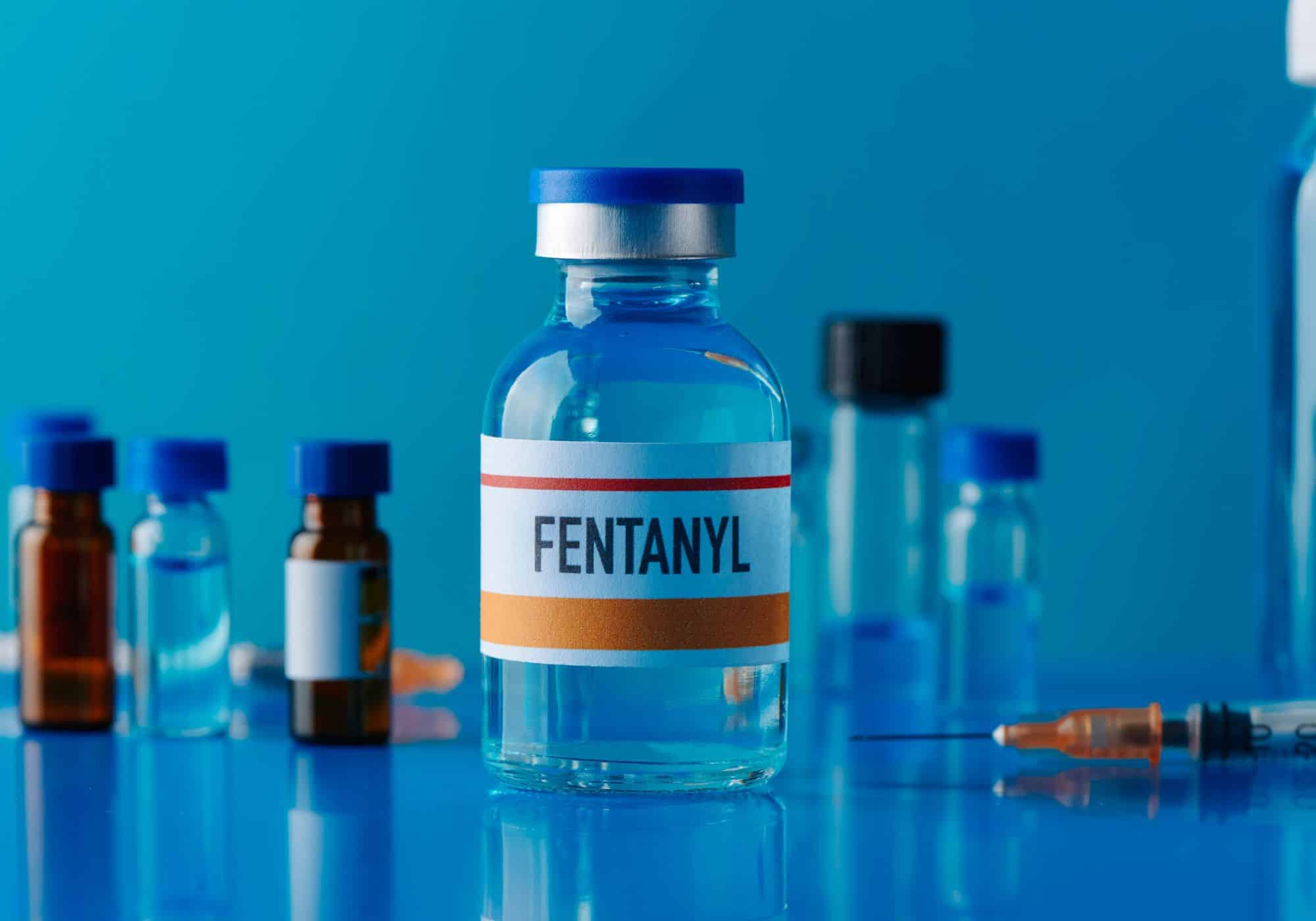
What is Fentanyl Addiction?
Dealing with addiction is no simple matter. It creeps in when someone can’t stop using a substance, even if they really want to, and even when they know it’s hurting them. Fentanyl is a perfect example of how powerful and gripping addiction can be.
What makes fentanyl so addictive? It’s how the drug works with the brain. Fentanyl connects with areas in our brain responsible for feelings and pain. When it does, it triggers a release of dopamine, a chemical that makes us feel good. This is why some people experience a high or a rush when they take opioids. But that high can lead someone down the path to addiction. Over time, the brain starts wanting more and more of that good feeling, leading to increased use of the drug.
But it’s not just about addiction. Fentanyl also creates a physical need in the body. This means that after using it for a while, the body starts depending on it to function properly. If someone tries to stop or reduce their usage, their body might react with harsh withdrawal symptoms.
At Hope Harbor Wellness, we also want to stress the dangers of fentanyl found on the streets. It’s often mixed with other drugs, like heroin, meth, or cocaine. This mix can be deadly, especially if someone doesn’t know fentanyl is in there. Its strength, way beyond many other opioids, can easily lead to overdoses. If you or a loved one is struggling with fentanyl addiction, don’t wait, call 678-821-2081 now to begin your fentanyl addiction treatment.
Fentanyl Patch Addiction
Fentanyl patches might seem harmless at first. After all, they’re designed to release medication slowly and steadily through the skin. This controlled, time-release method is what makes them useful for pain management. But at Hope Harbor Wellness, we’ve seen that they’re not without their risks.
Though the patches aim to release fentanyl at a safe rate, they can be misused. Some folks might wear more patches than they should, change them out too quickly, or even eat them. And there are those who go to greater lengths by extracting the drug from the patches to inject, drink as tea, or use in other unsafe ways.
Here’s the catch: a patch is meant to give out fentanyl over a set period. So, when someone tampers with it, they could get a much larger dose all at once. This can lead to a dangerous, even deadly, overdose.
Georgia, like many places, has seen a rise in fentanyl misuse. The variety of ways it’s misused, combined with the danger of unknowingly consuming it, makes it a serious concern for our community. But there’s hope. At Hope Harbor Wellness, we provide caring and thorough treatment for those facing fentanyl addiction in Atlanta, GA.
Risks of Fentanyl Overdose
Fentanyl’s power is unmatched. A tiny amount can mean the difference between relief and risk. When used as prescribed, it’s a useful tool for managing severe pain. But as tolerance sets in, there’s a temptation to use more, and that’s when the danger escalates.
Some telltale signs of a fentanyl overdose include:
- Trouble breathing or even complete stoppage
- Drowsiness or seeming less alert
- Faint or shallow breathing
- Turning a bluish color
- Falling unconscious
Immediate medical help is crucial if someone shows these signs.
Street versions of fentanyl increase these dangers tenfold. Many people think they’re getting heroin or another drug and don’t realize that it might be laced with fentanyl. This mix can be deadly because dealers often add fentanyl to boost potency and stretch their supply. The result? A game of Russian roulette for users who don’t know what they’re getting.
Fentanyl addiction comes with its own unique challenges and treating them requires expertise. If you or someone you know is struggling with fentanyl in Georgia, call Hope Harbor Wellness to begin your fentanyl rehab in Atlanta, GA. Our dedicated team is ready to help navigate the path to recovery.

Signs And Symptoms of Fentanyl Addiction
Fentanyl addiction can sneak up on a person. Often, it’s a silent intruder in one’s life, and before you know it, it’s taken hold. Spotting the signs and symptoms of fentanyl addiction early on can be a game-changer, paving the way for timely intervention and recovery at a fentanyl rehab in Atlanta, GA.
Early signs of fentanyl addiction to watch out for:
- Feeling tired all the time
- Constant drowsiness
- Talking in a slow or slurred manner
- Being clumsy or unsteady
- Struggling to think clearly
- Small, pinpoint pupils
- Frequent forgetfulness
- A strong need for the drug, even if trying to quit
- Can’t seem to stop using fentanyl
- Jumping between doctors to get more prescriptions
If someone’s addiction becomes more severe, you might notice even more alarming symptoms like:
- Looking pale or washed out
- Trouble breathing
- Skin that feels cold or looks blueish
- Stomachaches and cramps
- Constant muscle pain
- Regular nausea and throwing up
- Tossing and turning at night
- Feeling drained even after resting
- Being jittery or anxious for no clear reason
- Having seizures
- Feeling down for long stretches
- Eyes that look hollowed out
- Sores around the mouth
- Money troubles or run-ins with the law.
If these signs seem familiar, either for you or someone close, it’s time to act. At Hope Harbor Wellness, our team is equipped and ready to help guide individuals to a brighter, addiction-free future. Call 678-821-2081 for fentanyl addiction treatment.
Fentanyl Addiction Treatment in Atlanta
Facing an addiction, especially one as potent as fentanyl can be daunting. However, for those in Atlanta, Hope Harbor Wellness is here to support and guide you through the recovery journey.
The intensity of fentanyl calls for an all-hands-on-deck approach. At Hope Harbor Wellness, the journey begins with a medically supervised detox. This first step ensures safety and comfort while the body starts its healing. But detox is just the beginning; a comprehensive addiction treatment plan follows, tailored to everyone’s needs.
Considering the complex nature of opioid addiction, particularly with substances as powerful as fentanyl, in-patient care is key. Many individuals might be battling addiction to more than just fentanyl, creating more complex challenges. Additionally, some use the drug to cope with underlying mental health issues. That’s why at Hope Harbor Wellness, we emphasize a dual-diagnosis treatment approach – addressing both the addiction and any co-existing mental health disorders.
Fentanyl Rehab at Hope Harbor Wellness
While in-patient programs are most effective for fentanyl addiction, once completed, outpatient rehab can provide ongoing support. At Hope Harbor Wellness, we offer both outpatient substance abuse and outpatient mental health treatments. Our programs integrate a range of approaches, including behavioral therapies, medical interventions if necessary, and group, individual, and family therapy sessions.
Fentanyl Withdrawal
Understanding the fentanyl withdrawal process is crucial. Like other opioids, fentanyl withdrawal symptoms can begin just hours after the last dose and can be most intense within the first day. While many will see these symptoms lessen after ten days, the journey varies for everyone.
Initial withdrawal can include
- Aches in muscles or bones
- Trouble sleeping
- Upset stomach
- Hot and cold flashes
- Restless legs
- Strong cravings for the drug
Some may also face longer-term symptoms like ongoing anxiety or sleep issues.
Withdrawing from fentanyl is a significant step, and due to its potency, it’s one that should be overseen by professionals. At Hope Harbor Wellness, our team assesses the best approach for everyone, whether it’s tapering down the drug dosage, introducing alternatives to ease symptoms, or going through an abrupt cessation under close medical supervision. Whatever the approach, our main goal is to ensure safety and a smoother transition to a fentanyl-free life.

Benefits of Fentanyl Rehab in Atlanta
Choosing to undertake fentanyl rehab in Atlanta at Hope Harbor Wellness can be a life-altering decision, bringing forth a world of positive change. Taking on addiction alone is a challenge, and many find themselves lost without a clear path forward. But with structured rehab, there’s a guiding hand every step of the way. Here are some of the invaluable benefits that Hope Harbor Wellness provides:
- Discovering the Core Issues Our team helps individuals delve deep to unearth the underlying causes of their addiction.
- Building Healthy Habits Equip yourself with effective coping techniques to avoid triggers and maintain your sobriety journey.
- Diverse Therapies Benefit from a variety of therapeutic approaches, ensuring a well-rounded and personalized treatment plan.
- Strengthening Connections We emphasize creating a supportive network and bringing together family and friends who are invested in your recovery.
- Navigating Withdrawal With medical professionals by your side, manage early recovery symptoms smoothly.
- Mending Relationships Family-focused therapy sessions provide a platform to heal past wounds and rebuild trust.
- Structured Daily Life A well-planned routine fosters a sense of purpose and aids in maintaining focus.
- Companionship in Recovery Engage with peers who truly understand the nuances of the recovery journey, offering mutual encouragement and understanding.
- Continued Support Even after you leave our facility, we’re here for you. With post-rehab care, we ensure that you’re set up for long-term success and sustained sobriety.
What To Expect at Our Fentanyl Rehab in Atlanta
At our fentanyl rehab in Atlanta, individuals can expect a personalized approach to treatment designed to address their specific needs and circumstances. Our comprehensive program includes working with a detox center to provide medically supervised detoxification to safely manage withdrawal symptoms, evidence-based therapies to address the root causes of addiction, and holistic treatments to promote overall well-being. Once detox is completed you will either begin residential fentanyl rehab or outpatient fentanyl rehab.
Throughout the recovery process, our compassionate team will provide guidance, support, and encouragement to help individuals regain control of their lives and build a strong foundation for lasting sobriety. Additionally, our rehab program focuses on developing essential coping skills, fostering healthy relationships, and creating a supportive aftercare plan to ensure long-term success in recovery.
Therapies for Fentanyl Addiction Treatment
At Hope Harbor Wellness, we believe that healing from addiction requires more than just one approach. That’s why our treatment strategy encompasses a blend of both traditional evidence-based methods and innovative holistic therapies. Our goal is to provide thorough care, touching on all aspects of an individual’s journey. Here’s a look at therapies we offer:
- Cognitive Behavioral Therapy (CBT) This method focuses on identifying negative behavior patterns and offering tools to reshape them.
- Dialectical Behavior Therapy (DBT) Building on CBT, DBT integrates mindfulness practices to help individuals navigate challenging emotions and situations.
- Individual Therapy A personalized setting where individuals can delve deep into their feelings and experiences with a dedicated therapist.
- Group Therapy A space for sharing and understanding, where individuals’ bond over mutual experiences.
- Trauma Therapy Addressing past traumas is crucial for many. Our therapists are trained to guide individuals through this healing process.
- Family Therapy Reinforcing the bonds of family, this therapy aims to improve communication and rebuild relationships.
- Holistic Therapy A broader approach that looks at the whole person, including their physical, emotional, and spiritual needs. Activities might encompass practices like yoga or meditation.
- Red Light Therapy An innovative and gentle method celebrated for its potential healing benefits.
- Neurofeedback Therapy This biofeedback technique aims to enhance self-awareness and control over certain physiological functions.
- Bio sound Therapy A therapeutic blend of biofeedback, sound, music, and guided imagery, crafted for relaxation and emotional balance.
- Medication-Assisted Treatment Combining therapy with medication to offer a more rounded approach to substance abuse treatment.
- Genetic Testing This cutting-edge approach offers insights into an individual’s genetics, paving the way for more personalized treatments.
- Psychiatry Our in-house medical experts cater to the treatment of mental disorders alongside addiction.
- Experiential Therapy A creative approach using tools like arts and role-playing to bring forth and address underlying issues.
At Hope Harbor Wellness, our diverse range of therapies ensures that we meet the unique needs of every individual. Trust us to be your guiding light towards a brighter, sober future in Atlanta and call our admission team to begin your fentanyl addiction treatment.
How Long Does Fentanyl Rehab in Atlanta Last?
Recovery from fentanyl addiction is a personal journey, and the time required for fentanyl rehab in Atlanta reflects that individuality. Typically, programs can last from a month up to three months or more, shaped by personal recovery goals and progress. It’s critical to remember that this is part of a lifelong commitment to sobriety.
Our approach is to collaborate with each person, crafting a tailored treatment plan that addresses their specific situation. This provides a robust base for enduring recovery, coupled with ongoing support and therapy to help keep relapse at bay and ensure a continuous path toward wellness.
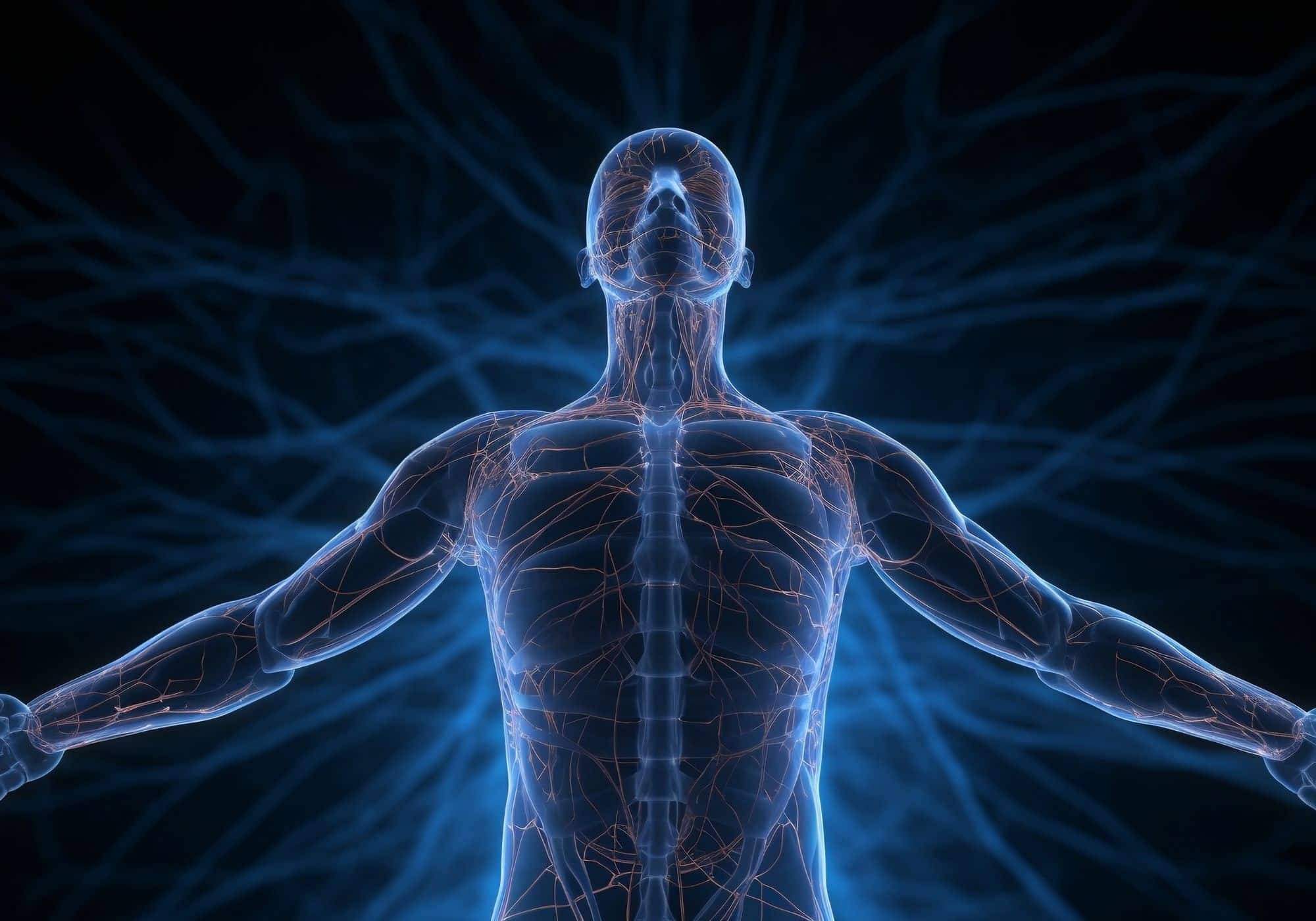
How Long Does Fentanyl Stay in Your System?
Fentanyl stands out as a powerful synthetic opioid prescribed for severe pain management, but its high potential for dependency and abuse casts a shadow over its medical benefits. The drug’s strength, many times that of heroin, makes it a significant player in the opioid crisis due to its misuse outside prescribed parameters.
Detection Windows Based on Testing Methods
The period fentanyl is detectable in the body hinges on the type of drug test administered:
- Blood Tests: Fentanyl can be identified for up to 12 hours post-ingestion, offering a narrow window for detection.
- Saliva Tests: This method extends the detection scope to approximately 48 hours, useful for recent usage assessment.
- Urine Tests: A more prolonged detectability of up to 72 hours makes urine tests a common choice for fentanyl screening.
- Hair Tests: The most extended detection period of up to 90 days is possible with hair follicle testing, capturing a long-term usage history.
Individual Factors Affecting Detection
Personal health factors play a significant role in how long fentanyl remains traceable. Metabolic rates differ from person to person, influencing how quickly fentanyl is processed and eliminated. Additionally, the dosage taken can extend or shorten the detectability window. These variances underscore the importance of a tailored approach to fentanyl testing and addiction treatment.
The Critical Nature of Timely Detection
Due to its extreme potency, awareness of fentanyl’s presence in the system is crucial. Accidental overdoses can occur with even the smallest quantities, making it imperative for users, medical professionals, and law enforcement to understand the substance’s longevity in the body. This knowledge is vital for addressing potential abuse and for taking swift action in emergency situations.
Is Fentanyl Rehab Covered By Insruance?
Seeking treatment for fentanyl addiction is often a pressing concern, but worries about the cost should not be a barrier. Many health insurance providers commonly cover at least a part, if not the entire cost, of addiction treatment services. A wide range of inpatient rehab centers are prepared to work with both broad-scale national insurance plans and more localized regional options.
For those whose insurance might not encompass their chosen rehab facility, there’s often a safety net in the form of adjustable payment plans provided by the centers themselves. The fear of steep medical bills might hold back some individuals from pursuing the help they need. Yet, professional treatment can be a wise investment; it’s not just about overcoming addiction in the present but also preventing expensive, ongoing issues down the line.
If you or someone you know is grappling with fentanyl addiction, it’s imperative to call our team or fill out our form for help. Taking that step towards treatment is a crucial move towards recovery and can bring about long-term financial and health benefits that far outweigh initial costs.
What Is the Cost of Fentanyl Rehab?
Navigating the financial aspects of fentanyl rehab can seem daunting, with costs varying based on individual circumstances and needs. It’s essential, however, to view professional treatment as an investment in safety and long-term wellbeing, rather than an area to cut corners. DIY detoxes or rapid treatments might seem cost-effective but can carry significant health risks or even life-threatening consequences.
The factors that typically shape the cost of fentanyl rehab include:
- The geographic location of the treatment center.
- The level and duration of care required for recovery.
- Whether insurance coverage is applicable.
- The severity of the addiction being treated.
- The need for additional treatments for co-occurring conditions.
Considering the broader picture, the financial toll of untreated fentanyl addiction can be extensive, far beyond the price of the substance itself. Legal issues, ongoing healthcare costs, emergency medical treatments, and the financial fallout from accidents or injuries related to drug use all add up, often surpassing the investment in quality rehab.
Therefore, when weighing the costs, it’s crucial to consider the comprehensive value of effective fentanyl rehab—a decision that not only aims to protect health and save lives but can also mitigate a cascade of potential future expenses.
Expert Fentanyl Addiction Treatment in Atlanta, GA
Fentanyl addiction is a complex challenge, but with the right support, recovery is within reach. At Hope Harbor Wellness, we are dedicated to guiding individuals in Atlanta, GA, through the hurdles of addiction toward a brighter, substance-free future.
Our seasoned professionals take the time to understand the individual nuances of every person who walks through our doors. Recognizing that no two journeys are the same, we craft personalized treatment plans designed to cater to distinct needs. Our approach focuses on holistic healing, ensuring that the mind, body, and spirit are all given equal attention.
The heart of our treatment lies in evidence-based methodologies coupled with compassionate care. Our aim is not just to help individuals break free from the shackles of addiction but to equip them with the necessary tools for long-term wellness. By providing support, education, and effective coping strategies, we lay the foundation for lasting recovery.
Take back control of your life. Hope Harbor Wellness stands ready to be your anchor in the turbulent waters of addiction. If you or someone close to you needs help, don’t hesitate. Reach out today and set sail towards a brighter, healthier tomorrow with our esteemed fentanyl rehab in Atlanta, GA.
Fentanyl Rehab Frequently Asked Questions
What Makes Fentanyl Addiction Treatment Challenging?
Fentanyl’s high potency and risk of overdose make its treatment challenging. Withdrawal can be severe, necessitating a carefully managed detox process, followed by comprehensive therapy and support.
How Does Fentanyl Rehab Address Overdose Risk?
Fentanyl rehab includes education on overdose risks, the use of medications like naloxone for emergency situations, and strategies to prevent relapse, which is crucial given fentanyl’s potency.
What Therapies Are Effective in Fentanyl Rehab?
Effective therapies in fentanyl rehab include cognitive-behavioral therapy, motivational interviewing, and group therapy, focusing on changing addictive behaviors and building coping strategies.
Can Fentanyl Addiction Be Treated Through Intensive Outpatient Programs?
Intensive Outpatient Programs can be suitable for those with a stable environment and a less severe level of fentanyl addiction, combining regular therapy with the ability to maintain daily routines.
Is Medication-Assisted Treatment Used in Fentanyl Rehab?
Medication-assisted treatment, using medications like methadone or buprenorphine, is a key component of fentanyl rehab, helping to reduce cravings and withdrawal symptoms.
What Is the Duration of Fentanyl Rehab?
The duration of fentanyl rehab varies, typically ranging from a few weeks to several months, depending on the severity of addiction and individual progress.
What Is the Role of Family in Fentanyl Rehab?
Family involvement in fentanyl rehab is crucial, providing support, understanding addiction dynamics, and participating in family therapy sessions to improve communication and support systems.
How Does Fentanyl Rehab Prepare Individuals for Long-Term Recovery?
Fentanyl rehab prepares individuals for long-term recovery by providing tools to manage cravings, identifying triggers, developing coping strategies, and planning for aftercare support.


